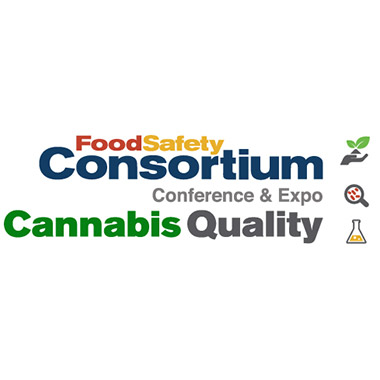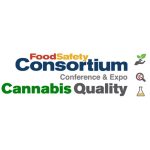The food industry is facing new challenges in food safety due to the introduction of novel foods and extreme weather events. In recent years, flaws within the nation’s regulatory system have also come to light. On October 16-18, food safety and quality professionals will gather at the 2023 Food Safety Consortium in Parsippany, New Jersey, to share lessons learned, join discussions with regulatory bodies and gain knowledge on how to mitigate current and coming food safety challenges. Join your peers as we examine topics including:
Modernizing the U.S. Food Safety System
Following the infant formula crisis, the food industry, the public and the U.S. legislature called for changes to how we regulate food in the U.S. In this session, we look at key concerns and shortcomings with our current regulatory framework and how the system can be modernized to better address—and reduce—the most likely foodborne illness risks facing today’s consumers.
Panelists: Stephen Ostroff, M.D. former Acting FDA Commissioner, Bill Marler, Food Safety Attorney; Barbara Kowalcyk, Executive Director, Center for Foodborne Illness and Panelist of the Reagan-Udall Foundation for the FDA. Moderated by Inga Hansen, Managing Editor, Food Safety Tech.
View the full agenda.
The Rise of Previously Unforeseen Hazards
With the combined effects of the recent pandemic, globalization, climate change, digitalization, and decreased regulatory inspection oversight, it is inevitable that previously unforeseen food safety hazards have emerged from within the food sectors previously thought low risk. Arguably, the rise of previously unforeseen food hazards may be attributed to the following:
- Food Fraud. The addition of food fraud adulterants such as non-food grade chemicals, unapproved colors and flavors, and non-compatible allergenic ingredients, pose health risks to consumers. These hazards are changing and becoming more sophisticated.
- Fusion Foods. With the internationalization food, food ingredients are being used in new and unexpected ways. As a result, new and unexpected hazards may occur, which may not be accounted for in food safety plans.
- Clean Labeling. Foods that are considered “natural”, “healthy”, and “sustainable”, are free of artificial ingredients, to include preservatives. As foods are reformulated, hazards that were previously not a concern may become more prevalent.
- Protein Alternatives. Food safety hazard analysis of plant-based and cell-cultured proteins cannot be approached in the same manner as traditional meat and poultry processing.
In this session, Tim Lombardo, Senior Director for Food Consulting Services, EAS Consulting examines the challenges of identifying emerging hazards associated with Food Fraud, Food Fusion, Clean Labeling, and Protein Alternatives as well as mitigation strategies to minimize these risks.
Make Data Useful Again: Building an Analytics Strategy to Drive FSQA Performance
Are you tired of sifting through vast amounts of data that don’t provide the valuable insights you need for your business? We understand that not all data is created equal, and it can be overwhelming to determine which information truly matters for making critical decisions. In today’s digital, world where every solution promises data insights, finding the right analytics and meaningful insights is crucial for success. Join our panel discussion where three seasoned F&B industry experts will share their hard-earned lessons and best practices for navigating the data deluge. Learn how they have successfully identified and utilized the data that matters, enabling them to drive important decisions and uncover critical gaps in visibility to revolutionize FSQA and supply chain programs.
Panelists: Gary Smith, Vice President, Quality Systems, Food Brands, 1-800-Flowers and Paul Bradley, Senior Director Product Marketing, TraceGains
Registration options are available for in-person and hybrid team attendance.



